
archaeologist and a heavy-duty machine in the same body. He digs with his tusks, mostly, but he's got a pair of extra
limbs to help out, aside from the four pillars he stands on. I like him. You have to watch out around him, though. Most
of the time he's awfully gentle, but he goes on flower-eating jags and gets drunk and wild. A dozen geraniums tank him
up like a liter of rum. We have this hydroponic garden on top deck, and once a week or so Mirrik gets homesick and
goes up there and nibbles blossoms, and then he starts carous-ing through the ship. Last Tuesday he almost smeared
Dr. Horkkk into a puddle on the wall.
Dr. Horkkk is one of our three bosses. He comes from Thhh, which is a planet in the Rigel system, and he's the
galaxy's leading expert on the language of the High Ones. That isn't saying much, considering we can't understand a
syllable of their language, but Dr. Horkkk knows more than anyone else.
I like to think of him as a German. He reminds me of the nutty therapist who used to commute from Düsseldorf
every Wednesday to try to teach you to walk. Dr. Schatz, remember? Dr. Horkkk is just like him in an alien way. He's
very small, very fussy, very precise, very solemn, and very sure of himself. Also he seems to spit when he talks.
Underneath it all I think he's kind-hearted, but you can't really tell, because he works so hard at being ferocious on the
outside. He comes up to just about hip-high on me, and when he stands sideways you can hardly see him, he's so
skinny. He's got three big bulg-ing eyes on top of his head, and two mouths under that, one for talking and one for
eating, and his brain is where his belly ought to be, and where he keeps his digestive tract I wouldn't even like to
guess. He has four arms and four legs, all of them about two fingers thick, so he looks sort of spidery. When Mirrik
came blundering along and almost squashed him the other day, Dr. Horkkk went straight up the wall, which was pretty
scary to behold. Afterward he cranked Mirrik over in a dozen different languages, or maybe three dozen, calling him
"drunken ox" in all three dozen. But Mirrik apologized and they're good friends again.
No matter what his race was, Dr. Horkkk would belong on this trip. But Steen Steen is here purely on the minority
thing. I hardly need to tell you: Steen's a Calamorian, a real militant one, as if there's any other kind. He/she is one of
the other apprentices, slipped last year from a Calamorian university, which must be even more of a diploma mill than
rumor has it. This one doesn't know a thing. Casual discussion reveals that Steen's knowl-edge of the theory of
archaeology is about as deep as my knowledge of the theory of neutrinics, and I don't know anything about
neutrinics. But I don't pretend I do; and Steen is supposed to be a graduate student in archaeology. You know how
he/she got here, of course. Calamorians are forever yelling about status, and threatening to make war on everybody in
sight if their intellectual attainments aren't universally recognized and admired. So we're stuck with Steen by way of
keeping his/her people cool.
At least Steen's good-looking: sleek and graceful, with shiny emerald skin and long twining tentacles. Every
movement is like something out of a ballet. Nobody admires Steen more than Steen, but I guess that's forgivable,
considering that Calamorians have both sexes in the same body and would go crazy if they didn't love themselves. But
Steen is dumb, and Steen is excess baggage here, and I resent his/her presence.
The third apprentice isn't up to much either. She's a blonde named Jan Mortenson, with a B.S. from Stockholm
University, with a cute figure and lots of big white teeth. She seems friendly but not very bright. Her father's
somebody big at Galaxy Central, which is probably how she got into the expedition – these diplomats are always
pulling rank on deals like this. I haven't had a whole lot to do with her, though: she's got her eye on our chronology
man, Saul Shahmoon.
Saul doesn't have his eye on her, but that's her problem. I don't think he's very inter-ested in girls. He's about forty,
comes from Beirut, has been working for the last five or six years at Fentnor U. on Venus. Small, dark, intense, single,
reputation for good but uninspired work. His big passion in life is collecting stamps. He brought his collection along
and it fills up his whole cabin, album after album, going right back to the nine-teenth century. He's had us all in there to
look at it. Remember when we were saving stamps? Saul's got the things we just used to daydream about, the
Marsport five-credit with the ultraviolet overprint, the Luna City souvenir sheet perforate and imperforate, the
Henry XII coronation set – everything. And all the galactic stamps, stuff from fifty or a hundred planets. Jan's with him
half the time, listening to his lectures on the postal system of Betelgeuse V, or wherever, or helping him get Denebian
stamps off their envelopes with acid, and Saul goes on and on and on and never catches a hint. Poor Jan!
Next we have Leroy Chang, who is Associate Professor of Paleoarchaeology at Har-vard, and who is very much
interested in Jan, or Kelly, or anything else female. I think Leroy would try to make time with Steen Steen if he got hard
up enough. Or Mirrik. Leroy says he's Chinese, but of course his genes are as mixed up as anyone else's from Earth,
and he doesn't look any more Chinese than I do; he's got red hair and sort of maroon skin and a deep voice, and would
probably have much success with women if he didn't come on looking so frantically eager. You don't have to be right
out of adolescence to be foolish about that sort of thing, as Leroy proves; he's in his forties and still goopy.
Professionally he's so-so, I understand. Why this expedition is so full of duds, I can't imagine.
Our Number One boss is no dud. He's Dr. Milton Schein of Marsport University, and as you probably are aware
he's the man who excavated the first site of High Ones artifacts near Syrtis Major. That makes him the original
paleoarchaeologist – the first man doing anything in billion-year-old sites – and since he practically invented the
science, it's hard to find fault with him. He's superb, though a little frightening when he begins to talk shop. In person
he's a sweet warm silver-haired type, very lovable except when his pro-fessional jealousies start to show. He loathes
Dr. Horkkk, and vice versa, I gather because they both have such high reputations in the field. They equally detest our
third boss, who is Pilazinool of Shilamak, the big expert on intuitive analysis. Which means the science of jumping to
conclusions. He's good at it.
The Shilamakka, you know, have this thing about turning themselves into machines limb by limb and organ by
organ. They start off looking surprisingly humanoid; that is, the right number of heads, legs, arms, and such things. I

 2024-11-29 7
2024-11-29 7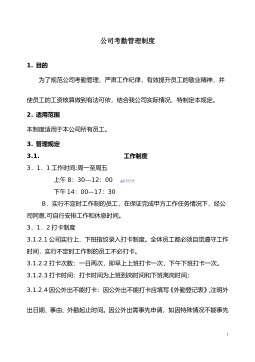
 2024-11-29 9
2024-11-29 9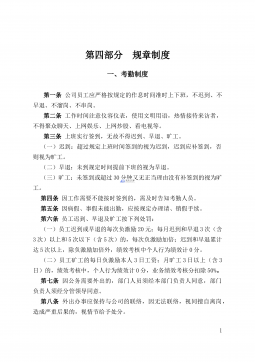
 2024-11-29 10
2024-11-29 10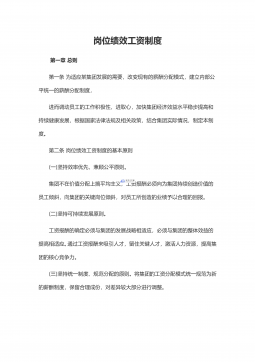
 2024-11-29 10
2024-11-29 10
 2024-11-29 11
2024-11-29 11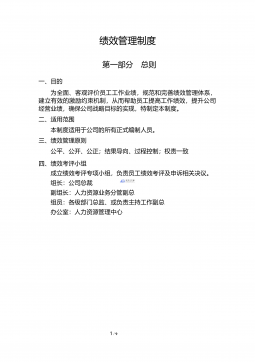
 2024-11-29 12
2024-11-29 12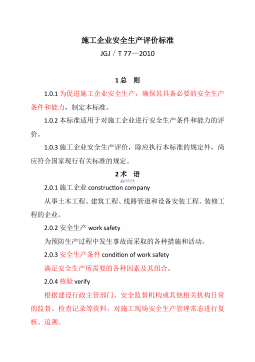
 2024-12-14 191
2024-12-14 191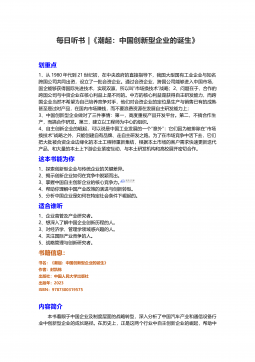
 2024-12-14 59
2024-12-14 59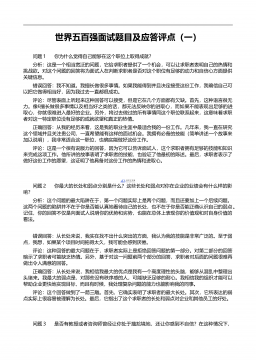
 2024-12-15 67
2024-12-15 67
 2025-01-13 134
2025-01-13 134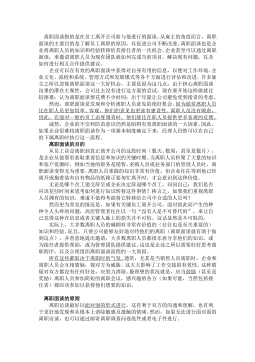
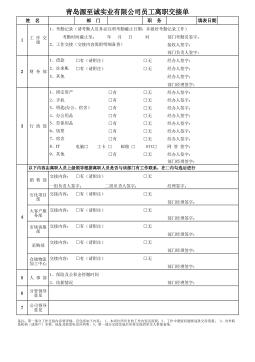


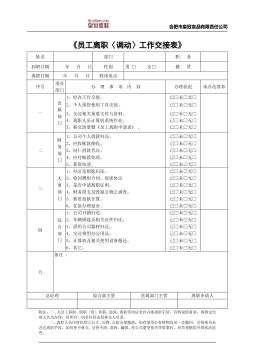



 渝公网安备50010702506394
渝公网安备50010702506394
